Embracing Authenticity: The Journey Towards Emotional Inclusion in the Workplace
In the tapestry of modern workplaces, a silent thread weaves through the fabric of our daily interactions—an expectation to leave our emotions at the door, to don a cloak of stoicism. This unwritten rule, deeply ingrained in corporate cultures worldwide, pays no heed to the rich emotional landscapes that women navigate, often under the misnomer of being “too emotional.” Yet, isn’t this expectation itself a stark refusal of gender inclusion, an implicit demand to morph into an emotionless archetype far removed from our authentic selves?
The Problem: A World of Emotional Exclusivity
For decades, the corporate ladder has been propped against a wall of emotional exclusivity, where showing feelings is perceived as a sign of weakness. Women, in particular, find themselves in a paradoxical bind: our brains, lauded for their emotional intelligence, suddenly become our Achilles’ heel the moment we step into a professional setting. The term “emotional,” laden with unwarranted negativity, becomes a barrier to genuine expression, fostering environments where only a fraction of our true selves is welcome.
The Solution: Redefining Emotional Intelligence
The journey to emotional inclusion requires a seismic shift in how we perceive emotions at work. It starts with dismantling the myth that emotions have no place in professional environments. Research underscores the value of emotional intelligence—empathy, self-awareness, and the ability to manage one’s feelings and understand those of others—as a cornerstone of effective leadership and team dynamics.
The Hero’s Journey: From Stigmatization to Celebration
Consider the story of Sophia, a mid-level manager in a tech firm, who viewed her empathy and emotional acuity not as liabilities but as superpowers. Faced with the challenge of leading her team through a high-stakes project, Sophia’s ability to tune into her team’s emotional needs led to unprecedented cohesion and productivity. Her journey from being cautioned against “emotional decisions” to being celebrated for her empathetic leadership underscores a transformative narrative: embracing our emotional depth is not just acceptable; it’s advantageous. Unfortunately not all stories are like Sophia’s; another client of mine recently reached out saying she has been fired at work because of being too emotional. I cringe when I hear such stories, stories of leaders without emotional intelligence, the very hallmark of being a successful leader.
A Call to Action: Embrace Your Authentic Self
The path to emotional inclusion is paved with the stories of women like Sophia, who refuse to dim their emotional light. It’s a call to all professional women to embrace their authentic selves, to celebrate their emotional intelligence as a formidable asset.
To organizations worldwide, the message is clear: fostering environments where emotional expression is not just tolerated but valued is the cornerstone of true gender inclusion. It’s time to redefine what it means to be professional, to acknowledge that emotional intelligence is not a gendered trait but a human one, essential for innovation, empathy, and success.
Are you ready to champion emotional inclusion in your workplace?
Let’s join hands in creating spaces where every woman can stand tall in her emotional truth, where being “emotional” is synonymous with being human. Together, we can transform our workplaces into havens of authenticity, empathy, and inclusivity.


